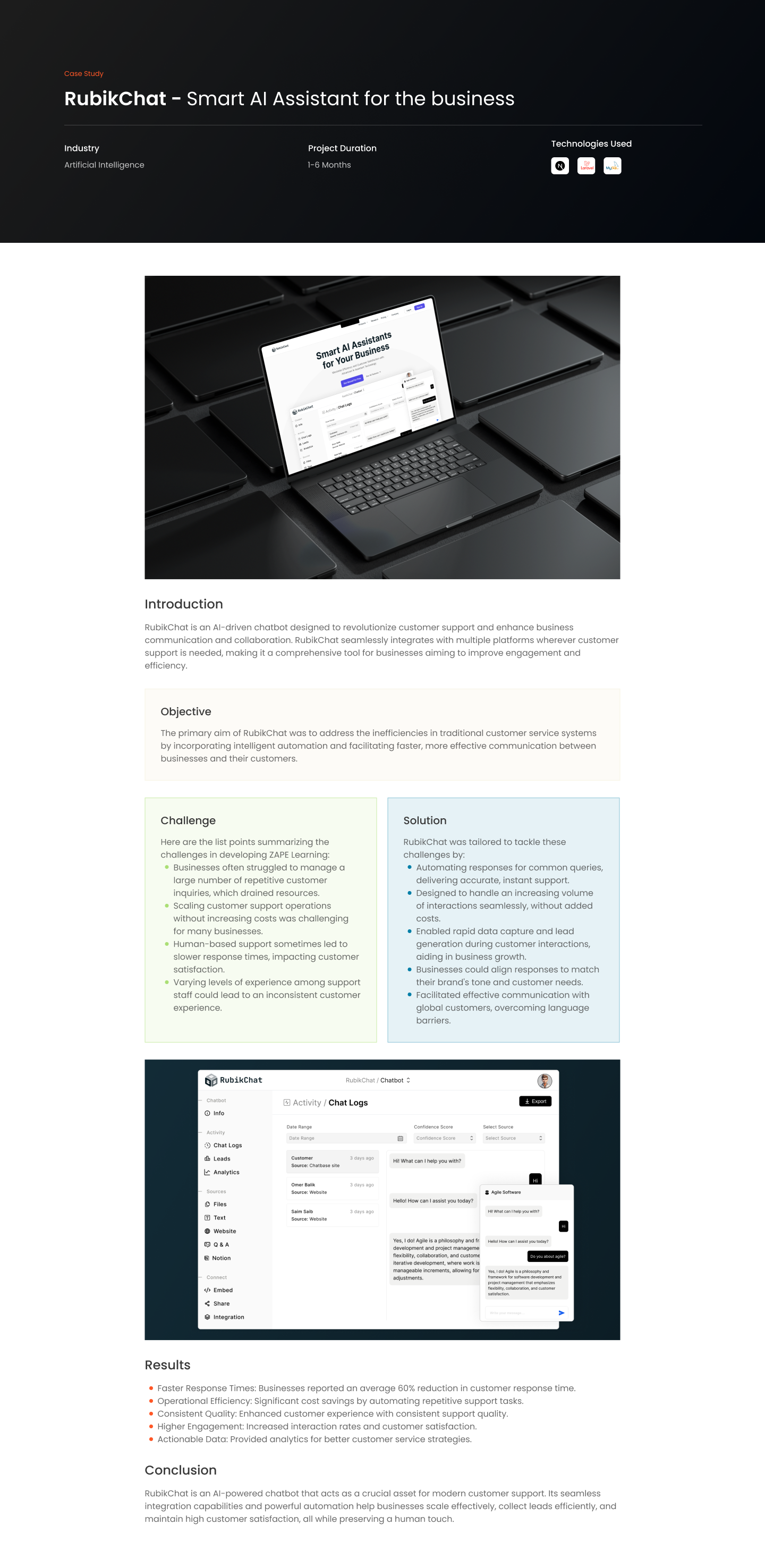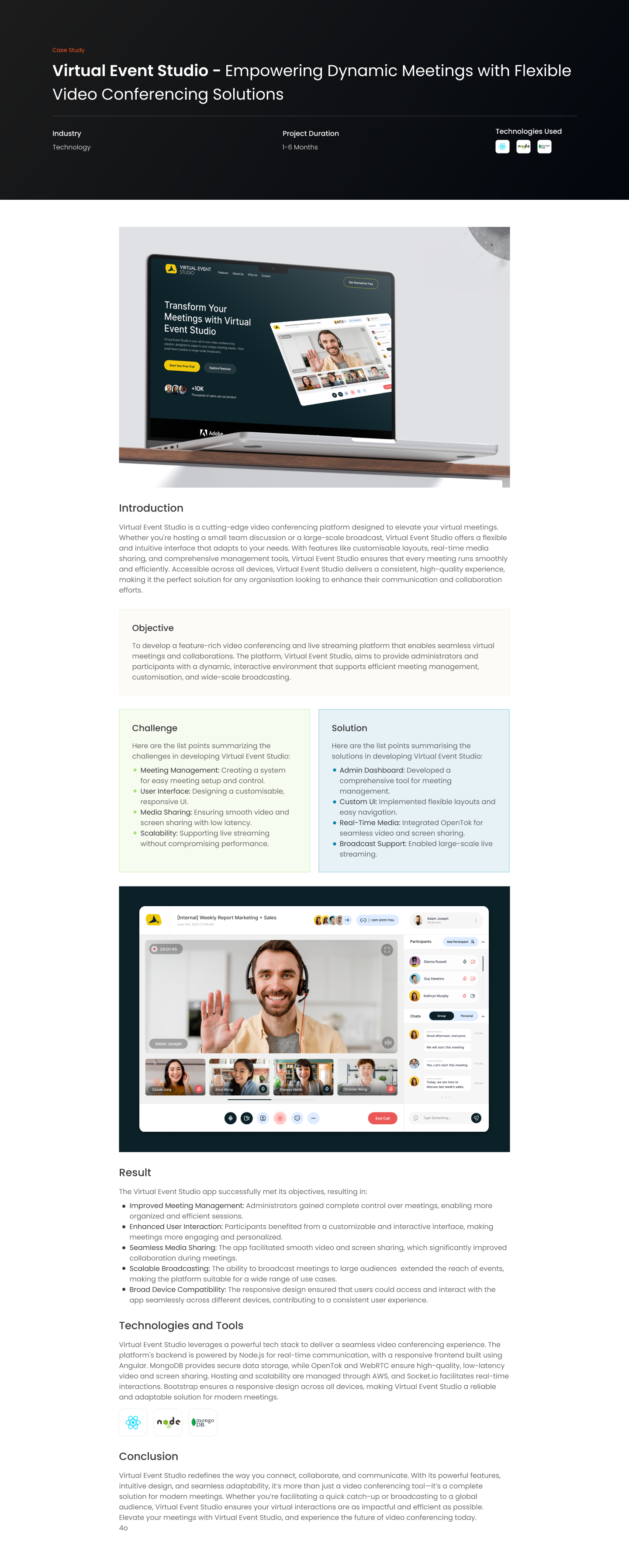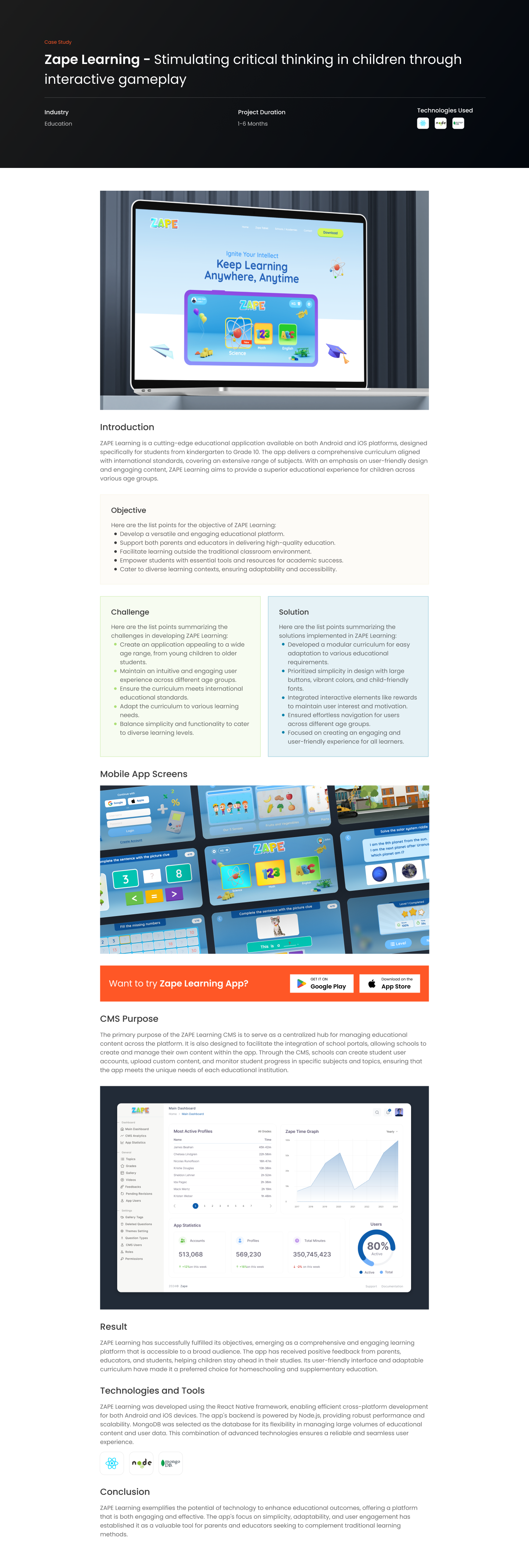Introduction
Whether you’re a blogger, a small business owner, or someone looking to scale a digital empire,
understanding CMS is a must. So, ready to become a CMS whiz? Let’s get started!
What is a CMS?
A CMS, or Content Management System, is the unsung hero behind most of your favorite
websites. It’s a software application that allows you to create, manage, and publish digital content
without having to know a single line of code. Think of it as your digital filing cabinet, where everything is
neatly organized and readily accessible.
A CMS typically consists of two main components: a front-end user interface that allows users to
edit and modify their content, and a back-end system that stores and organizes the content in a
database.
Benefits of Using a CMS
1. Ease of Creation and Updates: Simplifies the process of creating and updating web content
without the need for technical skills or coding knowledge.
2. Collaboration and Workflow: Enables multiple users to collaborate on the same content while
tracking changes and revisions, making workflow management a breeze.
3. Flexibility and Customization: Offers a variety of themes, plugins, and extensions, allowing for
customization to suit individual needs and preferences.
4. Enhanced Security and Performance: Ensures content is protected from unauthorized access
and optimizes website performance for fast loading times.
5. SEO-Friendly: Built-in features to help your content rank better in search engines.
Challenges of Using a CMS
1. Learning Curve: While user-friendly, mastering a CMS still takes time.
2. Security Risks: Being popular means being a target for hackers.
3. Limited Customization: Some platforms may restrict your creative freedom.
4. Updates and Maintenance: Keeping your CMS up-to-date is crucial but can be tedious.
Popular CMS Platforms
Not all CMS platforms are created equal. Here are some of the big players in the industry:
1. WordPress: Powers over 40% of all websites and is renowned for its user-friendliness, large
community, and extensive plugin ecosystem.
2. Drupal: A choice for complex, large-scale projects, celebrated for its robustness, scalability, and
modular architecture.
3. Joomla: Ideal for social networking and e-commerce platforms, known for its high flexibility,
extensibility, and multilingual capabilities.
4. Shopify: Designed with online stores in mind, it stands out for its simplicity, reliability, and
various payment and marketing integrations.
5. Squarespace: A favorite among creative professionals and small businesses, lauded for its
elegant design, intuitive interface, and feature-rich environment.
Note: Many CMS platforms offer free or affordable plans.
Tips for Choosing the Right CMS
•Define Your Needs: Are you a blogger or an online retailer? Your needs will dictate your choice.
•Check Community Support: A strong community can be a lifesaver.
•Test the Waters: Many platforms offer free trials. Use them!
Conclusion
In the digital age, a CMS is not just a luxury; it’s a necessity. With the right CMS, you can focus on
what truly matters: creating fantastic content that resonates with your audience. So, why wait? Dive intothe world of CMS and discover how it can revolutionize the way you manage content.











